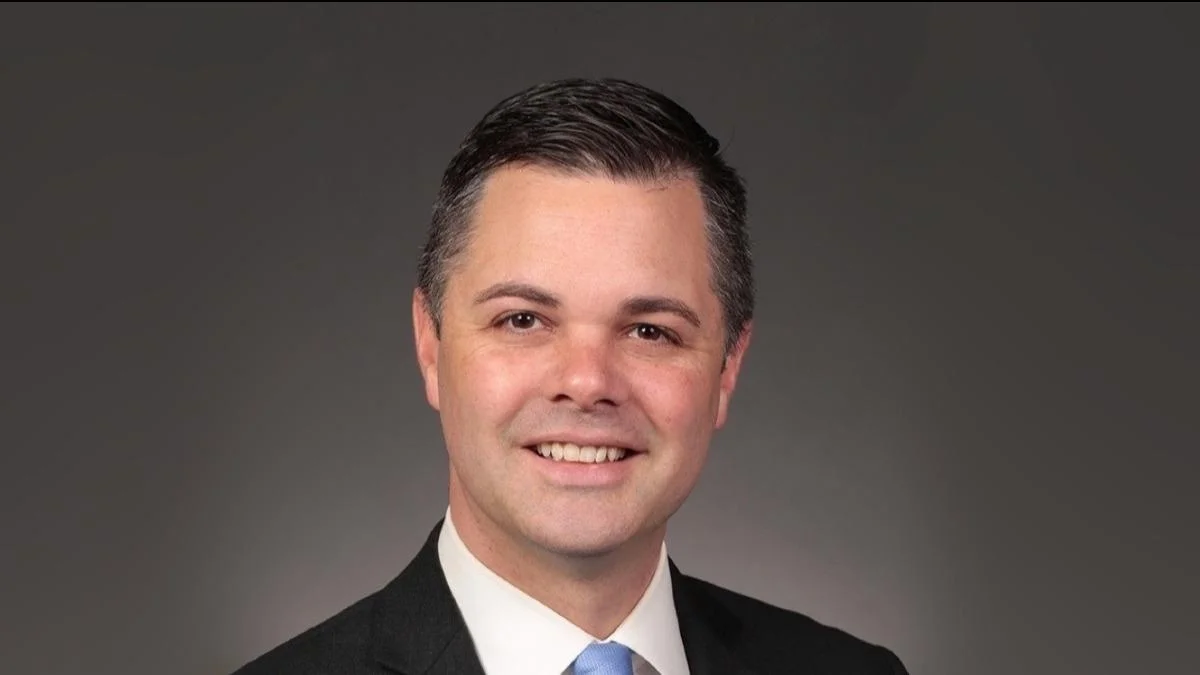U.S. Rep. Zach Nunn Representative for Iowa's 3rd District | Official U.S. House headshot
U.S. Rep. Zach Nunn Representative for Iowa's 3rd District | Official U.S. House headshot
Congressman Zach Nunn, who represents Iowa's 3rd congressional district, posted a series of messages on September 2, 2025, addressing legislative actions and public health issues relevant to his constituents.
In one post from September 2, Nunn highlighted the impact of recent legislation on service industry workers in Iowa: "John runs a barbershop in Des Moines. Like thousands of Iowans in the service industry, tips are a big part of his paycheck. We passed No Tax on Tips in the Big Beautiful Bill to deliver for workers like John. Watch why it matters—to him and to Iowa. https://t.co/akJQB9Oe2L" (posted at 16:13 UTC).
Later that day, he expressed support for suicide awareness initiatives among veterans and servicemembers: "Proud to join @RepKeithSelf on a resolution during Suicide Awareness Month to recognize the invisible battle many of our servicemembers and veterans face. We're committed to making sure no one who served has to fight alone. https://t.co/a1EhpCfgoe" (posted at 18:15 UTC).
In another post on September 2 at 23:05 UTC, Nunn addressed the ongoing fentanyl crisis by referencing new legislative efforts: "Fentanyl is the leading cause of death for Americans my age down to my high school son's age. Proud to work alongside @RepAndyBarr and @RepGregMurphy to pass the Stop Chinese Fentanyl Act and hold bad actors accountable for facilitating the flow of these poisons."
The "No Tax on Tips" provision mentioned by Nunn is part of broader federal efforts aimed at reducing tax burdens for workers whose income relies significantly on gratuities.
Suicide prevention among U.S. military personnel remains an area of bipartisan focus in Congress each year during Suicide Awareness Month, as lawmakers seek improved mental health resources for current and former members of the armed forces.
The Stop Chinese Fentanyl Act targets international sources believed responsible for much of the illicit fentanyl entering U.S. communities—a substance that has been identified as a major contributor to overdose deaths across various age groups.




 Alerts Sign-up
Alerts Sign-up